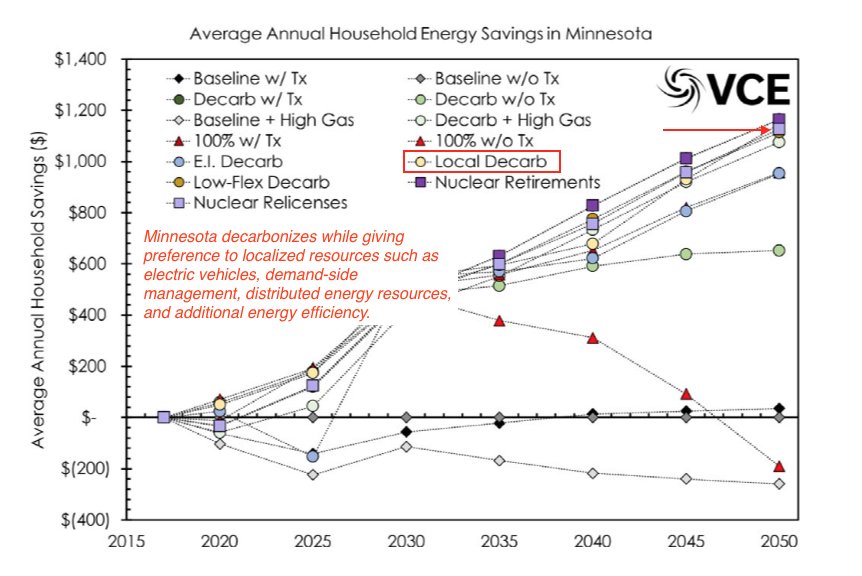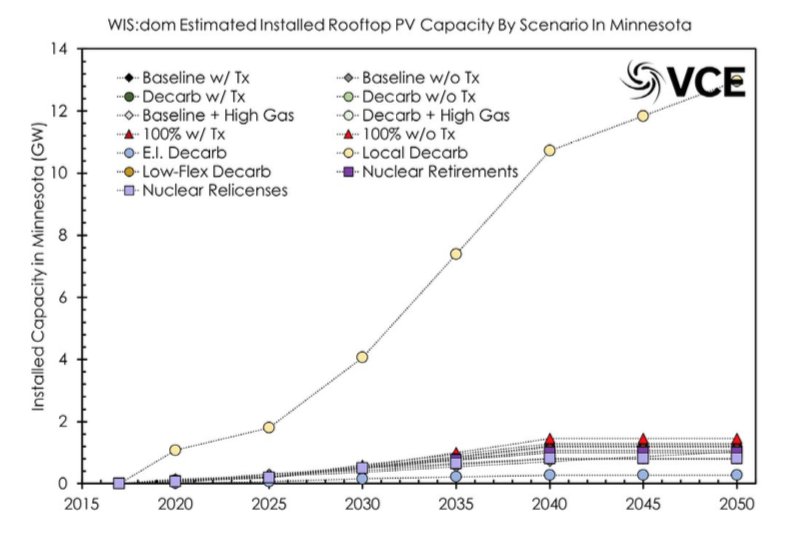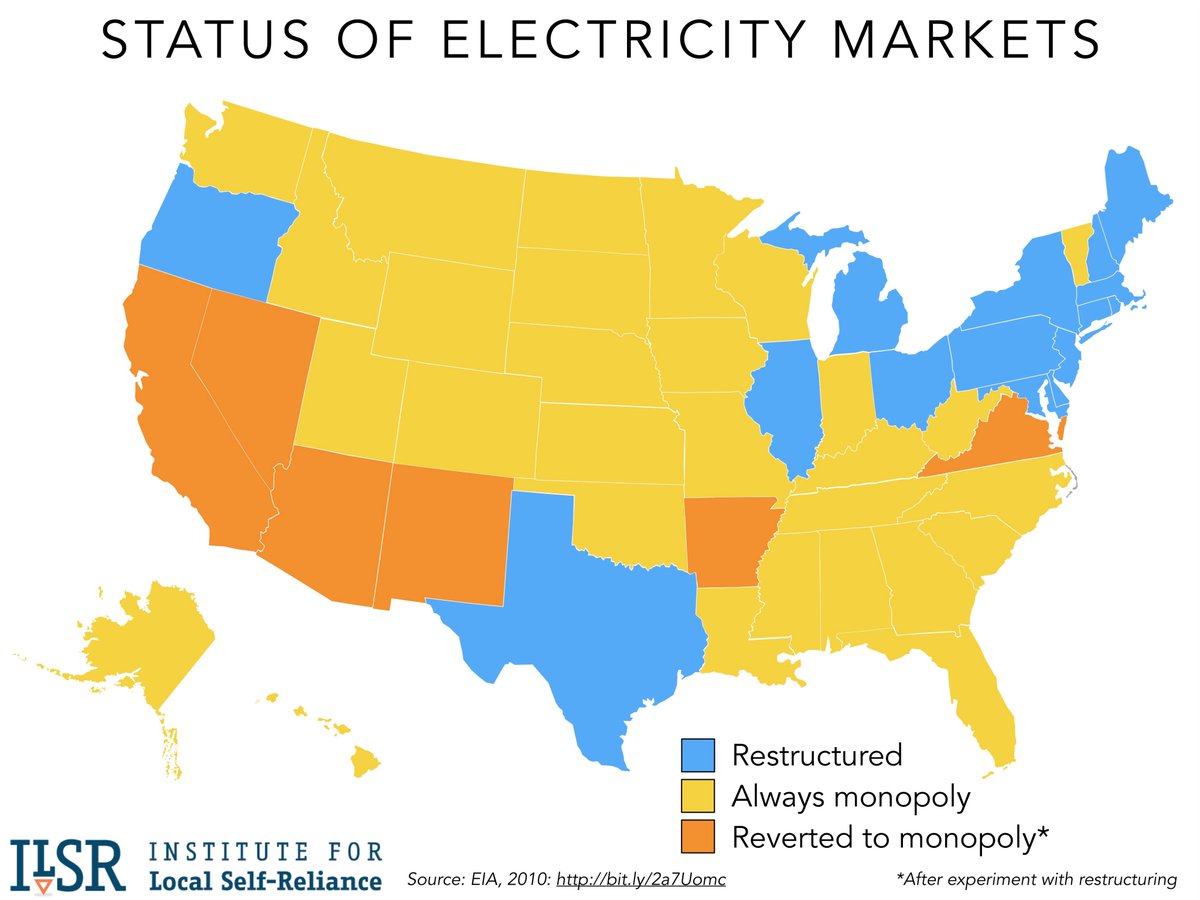
What would you rather drive - gas or electric - in an epic traffic jam? A short thread to emphasize that running either type of car for cabin heating will use a lot of fuel, and that neither vehicle is designed for unlikely scenarios. (*napkin math warning*)🧵
To heat your gas car, you have to run the engine (your heating is actually from the wasted energy from the inefficient combustion of gas). Most Americans buy SUVs, which use roughly 1/2 gallon of gas per hour idling (I rounded up from "large sedan"). energy.gov/eere/vehicles/…
The Honda CRV has a 14-gallon tank. If it's half full when you get stuck in an epic winter traffic jam, you've got 14 hours of heat from idling with 7 gallons of gas.
My Chrysler Pacifica plug-in minivan has a nice dashboard display of the heater, which consumes around 5 kilowatts at peak. In general, to maintain electric car cabin temps in cold weather, you may draw an average of 3 kW. quora.com/How-much-batte…
Let's say I'm driving a Chevy Bolt EV 2017 with a 60 kilowatt-hour battery at half charge (to match the half tank Honda CRV example). At 3 kilowatts per hour drain for the cabin heater, I've got about 10 hours of heat.
Long story short - is a 10-hour traffic jam your car-buying criteria? If not, then likely an #ElectricVehicle's better performance and lower cost of fuel and maintenance will pay off. If it is, you have a bizarre way to shop for cars. /end
Bonus note 1: since most EV owners charge at home, I'd be they are much less likely to be caught at half charge than a gas car driver would be to have a half tank of gas.
Bonus note 2: electric vehicles consume less fuel at low speeds than high speeds, the opposite of gas-powered cars. Slow traffic is manna to electric vehicle range.
Bonus note 3: h/t to @BenPaulos for pointing out that you can keep passengers warm with much less fuel consumption with direct heat, an EV priority. The Nissan Leaf and most EVs have seat heaters. Mine has rear seat heaters, plus steering wheel heat! businessinsider.com/why-cheap-elec…
Bonus note 4: h/t to @briansiana for noting that the heat pump heater in an electric car draws less than 3 kilowatts at common cold temps, extending battery life. An EV with a heat pump heater might stay warmer longer than a gasoline car, since 100% of the energy goes to heat.
Bonus note 5: h/t @thrudasmog If your EV is the Nissan Leaf with 4 seat heaters, you can heat all passengers for 250 Watts per hour. That's 60 hours of body heat if not cabin heat, in our example.
• • •
Missing some Tweet in this thread? You can try to
force a refresh







